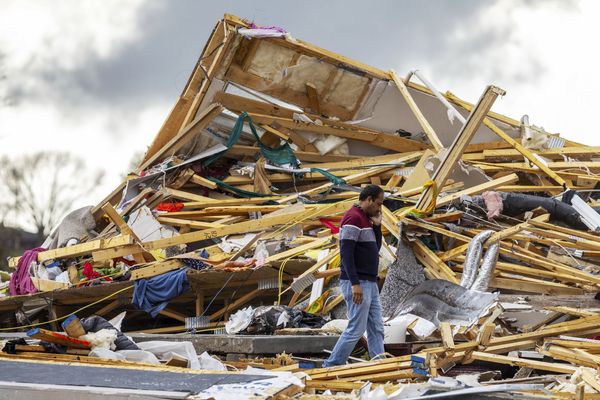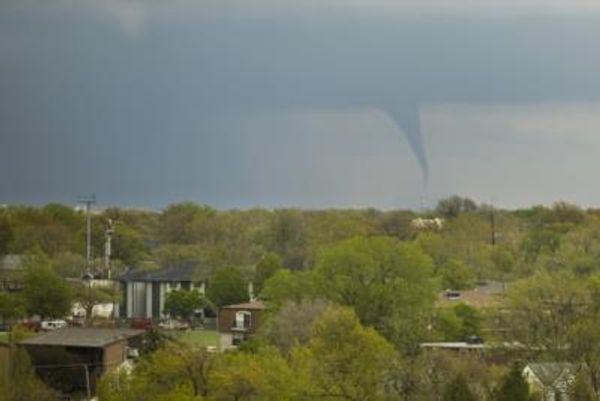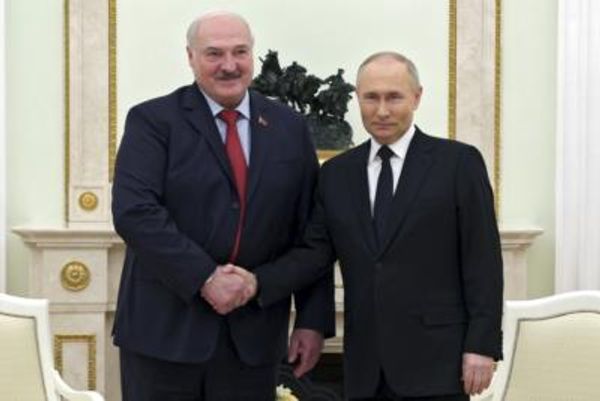
Terry Giesecke writes: I feel it’s about time we stopped blaming politicians and the media for the Voice defeat (“How Australia’s media took the easy road on the Voice”). The blame lies with the voters. Too many Australians are disengaged from the system. In Australia, constitutional change is the responsibility of all voters, one of very few countries where this is the case, but one that most voters eschew. Many say there was not enough information. Rubbish. There was plenty.
Australia ranks about ninth in democracy and this lower ranking is mostly due to low levels of engagement. As the teal movement demonstrated, Australia’s political system is pretty open if you want to have a go.
I often hear people of my age say our politicians are woeful, but every politician in Australia — local, state and federal — is elected, so if they’re poor who’s to blame? Maybe we should rethink compulsory voting so that those who don’t care won’t bother. Also, reforms such as the Voice or the republic ought to start at state level where constitutional change is easier.
Glenn Turton writes: Misinformation was accepted and reported without any attempt at investigating truth by many news sources. Opposition Leader Peter Dutton and his crew muddied the waters with lies, and most voters aren’t discerning enough or willing to do the work to examine the “facts” they presented.
I work with the group presented as the biggest problem: old, white males. Many blatantly stated these dodgy claims — such as the money spent, or the percentage of the Indigenous population who opposed the Voice — as though it was fact. I’m 67 so I fit the description but luckily don’t have the same mentality. It seems we need to wait for this age bracket to fade away. That may mean I won’t see anything meaningful in my lifetime. Sad.
Truth in campaigning legislation is badly needed and would have, maybe, made this latest foray a fairer fight. And maybe a fourth estate with guts enough to ask questions rather than just regurgitate what’s given to them would have helped?
Gary Paul writes: What an absolute pull-through Dutton, the LNP and their narrow-minded followers are. Albanese can hold his head high because does what he says he will, unlike these others who say anything, lie and mislead, and the media is this great land’s biggest problem.
It was Yes for me, but I think it’s time First Nations peoples move on. One cannot undo history. They’ve just got to go and grab it.
Miriam Germein writes: “The referendum’s result holds up a mirror to Australia, and the reflection is ugly” is an excellent article. I was particularly concerned about the use of “Australians always get it right” — total bullshit in this context. It’s the usual old: “We don’t dare disagree in fear of losing your vote.”
As a former high school teacher watching the slow demise of humanities from 2000 onwards, I’d suggest that apart from the dangerous undermining of critical thinking skill development — sufficient to question sources and read the subtext — the loss of Australian history in the curriculum has been profound. And there’s certainly no guaranteed inclusion of Blackfulla perspectives like the Frontier Wars, so well elucidated by Rachel Perkins’ documentary.
I was raised in country South Australia and have first-hand knowledge of the patronising attitudes of locals to Indigenous occupants of the local mission and how their kids were treated as inferior in the local school. I don’t believe much has changed in the past 60 years — except for some stunning examples in different parts of Australia countering the dismal life statistics of too many Indigenous communities.
Like many of us who voted Yes, I am disgusted by the populist opportunism exercised for this historic event. Like many, I’ve also been appalled at the media’s contribution to this trend. Background history for Jacinta Nampijinpa Price and Nyunggai Warren Mundine was essential from the beginning to read their dishonesty, but the lack of interrogation by the ABC and others conferred a credibility completely undeserved. I could go on but a Murdoch royal commission and other proposed legislation is now imperative. I live in hope.
Margaret Hinchey writes: Christopher Warren’s “How Australia’s media took the easy road on the Voice” is excellent. It takes a brave person to examine one’s own profession and find it wanting. I admire the humility and clarity of thought in the article. In particular, I agreed with this: “It jemmied the coverage into the always useless balance of ‘both sides’, as one of the gallery’s better thinkers, Laura Tingle, called out in the referendum campaign’s dying days.”
I too found that the media coverage implied the different positions were equal. How could they be when so much that was put forward by the few No spokespeople was swallowed whole by much of the media without pointing out the lies, disinformation and nonsense the No case relied on? A case in point was Price’s repeated claim that she spoke for so many Indigenous communities who did not want the Voice. Now we find almost all the First Nations in remote and rural areas returned some of the highest Yes votes in the nation. “Balance” surely means more than an equal number of seconds and minutes.
I hope Warren’s article will be taken on board by journalists as their responsibility to inform the public with truth and integrity.
Also, I believe this article “‘What a stunt’: Albanese’s non-answer the only clarifying moment in a nonsensical question time” falls into the same trap that many journalists have over referendum reporting. Prime Minister Anthony Albanese has stated ad infinitum that he is following what First Nations peoples asked of us. It was not his plan. It was the request and plan of Indigenous peoples in the Uluru Statement from the Heart — seven years in the public domain!
First Nations peoples have said they are taking a week of silence to help recover from the “slap in the face” the majority of Australians gave them. Why would they not? Albanese, to his great credit, will not “provide any clarity” because he will wait to consult with the First Nations peoples when they feel able to begin their journey again. That is respectful and appropriate — something many journalists could well emulate.
Michael Stanley writes: I really don’t know whether we could have got past the power of Dutton’s misinformation, Murdoch’s total media reach, or Price’s leading role as the “true” face of Indigenous Australia. I’ll leave that to others. To my mind, the Yes case made two — only two — catastrophic blunders. (And a third if you add in using John Farnham’s “You’re the Voice”.)
- Blunder 1: using the definite article “the”, which created a thing, a bureaucratic “thing” that could be portrayed as something monstrous and expensive. The correct approach would have been to use the indefinite article “a”. A Voice sounds like (and is) a plea. The effect of the wrong choice of grammatical article was to remove the critical plea element and replace it with some bureaucratic “thing” about which a fear campaign could be created;
- Blunder 2: the disgraceful paternalism by the Yes campaign. We heard about the Uluru Statement from the Heart but the statement itself was never put front and centre. There was no media that I am aware of that had a person read it to Australians or an advertisement that filled the screen with that historic document. “We” thought “we” could do a better job by “explaining” it. That’s paternalism right there in the heart of Yes country.
I have a friend here in Darwin who believes (as do I) that the Uluru Statement will in time be understood as the most eloquent First Nations document ever produced in the world, and we didn’t put it front and centre. As far as “You’re the Voice” goes, nothing celebratory should have been chosen. Midnight Oil has a song or two. Goanna has a song or two. Warumpi Band’s “Whitefella/Blackfella”, perhaps re-recorded by Thelma Plum, could have been used.
I guess what I am saying is that the Yes campaign denied Indigenous peoples their direct Voice as expressed in the Uluru Statement from the Heart.
Jeff Grissell writes: When I left school and started life as an adult my parents and others advised me: “Never sign a blank cheque, sales or purchase docket or in fact any blank form.” So when I heard the prime minister suggest I vote Yes for the Voice to be in the constitution and the details will be sorted out later, he lost me.







